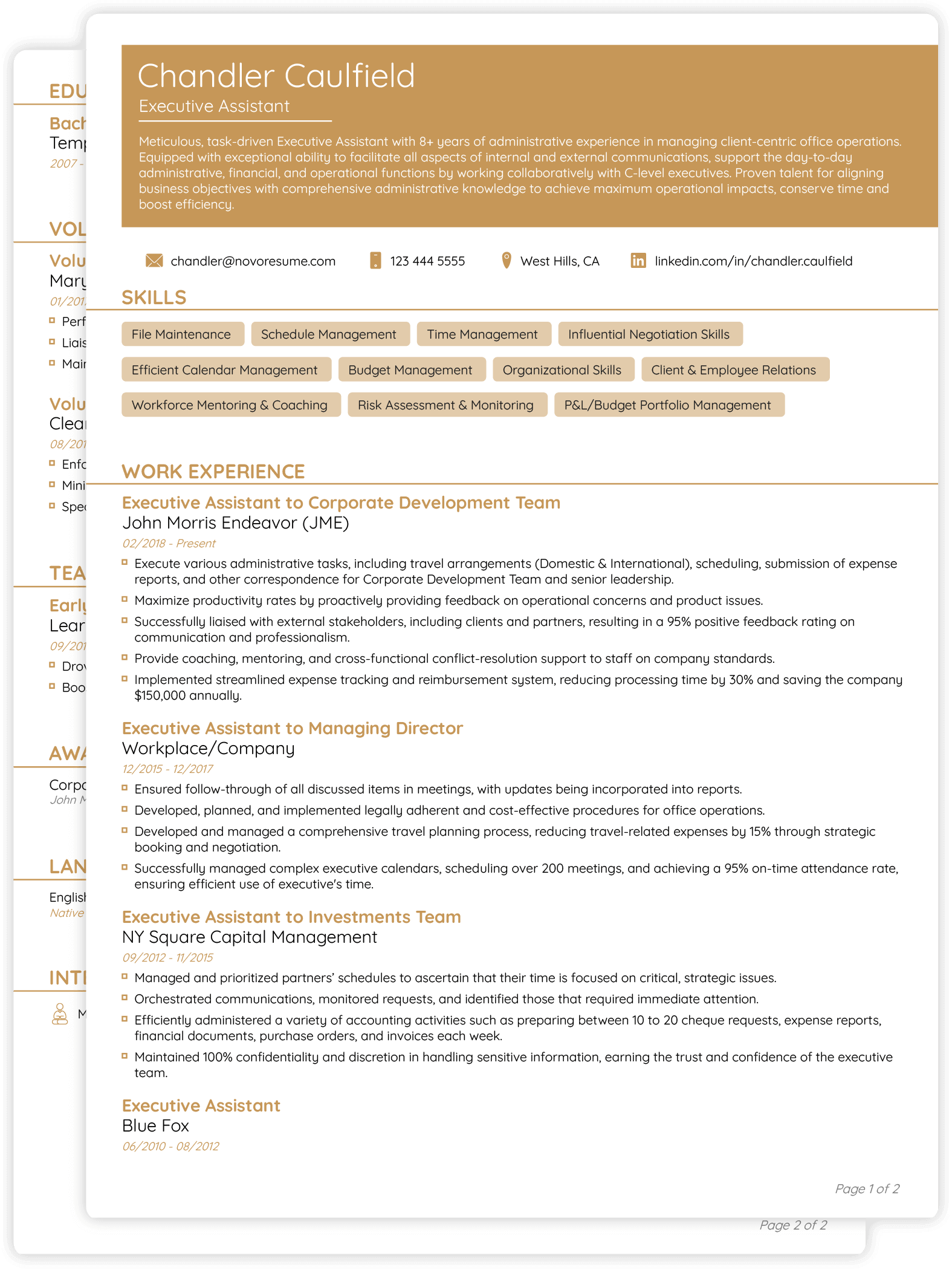What Is A Functional Resume Format
This is a top resume format if you already have experience in your career field and want to change employers and/or move up to a higher position.
What is a functional resume format. Functional resumes functional resumes focus more on relevant skills than work history. Use this functional resume template to highlight your skills. Occasionally some of this information is even intentionally omitted altogether.
It lets you emphasize what you’re good at and takes the pressure off of your work experience. Under each skill category, bullet points are used to highlight examples of your skills, and those examples can come from both work and life experiences. The functional resume is a much less popular format of resume writing, among applicants and recruiters alike.
Since the functional resume template allows you to shift the focus from your work history to your skills and qualifications it is also called the skills based resume format. What is a functional resume? What is a functional resume format?
What differentiates this format from the other two is that it focuses more on your skills rather than your work experience. As the name suggests, it combines the aspects of the other two resume types. Unlike a traditional resume, the functional resume does not highlight your chronological work history.
With its focus on education, this resume would be a fine choice for someone with limited job experience. Unlike a chronological resume, the functional format ignores when and where you learned your skills. The functional format highlights your skills and training, focusing on the abilities you already have that can make a positive impact.
This resume format deemphasizes work history and puts skills and accomplishments front and center. The purpose of a functional resume is to draw attention to transferable abilities rather than focusing on a chronological overview of your work history. On a functional resume, list your skills and specific examples of how you used those skills.
While the chronological format highlights work experience with detailed summaries of the achievements within each position, the functional format focuses on the applicant’s skill set relevant to the role you are applying for. After your name and contact information, you go straight into your most relevant skills and accomplishments. The main advantage of a functional resume is that it hides extended periods of employment or periods of being employed in an industry unrelated to the one you currently wish to work in.
The functional resume format focuses on your relevant job skills. A functional resume is a resume format that primarily showcases a candidate’s skills. It doesn’t matter with functional resume formats if you most recently worked as a waiter.
Instead of focusing on your work history, functional resumes are used to list your strongest resume skills at the top. Find resume templates and more to assist with your job search from word. A functional resume is a resume format that focuses on your professional skills rather than each job you held and when you held it.
Although in theory it sounds great yet in practice, it has the possibility to get rejected in the first stage of the recruitment process. And while work history is still included in the format, it is not the main focus of the resume and provides only a limited amount of detail. Job seekers may choose a functional format over a chronological or combination resume format if they have little to no work experience, have gaps in their employment history, or are seasoned professionals who are looking to make a career change.
This is the core idea, which make functional resume template different from the other resume formats. The core of functional resume format. Among the alternatives, one of the most popular resume formats is the functional resume.
A functional resume focuses on your skills and experience rather than on your chronological work history. With a functional resume template, word provides formatting, content tips, and more. What is a functional resume?
A functional resume format focuses on your skills and abilities. This includes new graduates or experienced workers transferring to a new industry where their skills and education will apply. Depending on your work history, you may want to consider using a functional resume.
A functional resume focuses on the skills and experiences that make you a strong candidate for a position. The biggest difference between a functional resume and a standard chronological resume is that a functional resume groups your experience under skill categories instead of job titles. If you’re short on work experience but want to impress an employer, then the functional resume is for you.
A functional resume is a type of resume format which showcases skills over experience. The combination resume format (or hybrid resume) is a middle ground between the reverse chronological resume and functional one. It may be a good fit for those with employment gaps or who are changing careers.
Similar to a traditional resume, a functional layout should still include your contact information, education, work or volunteer experience, and technical skills. The main difference is that your skills and achievements will be featured prominently in the body of the resume. Include your work experience at the end of the resume.
You can also use a functional resume format if you have periods in your career when you were unemployed or. As we have already mentioned above, you should place skills section above details considered your career path.



















